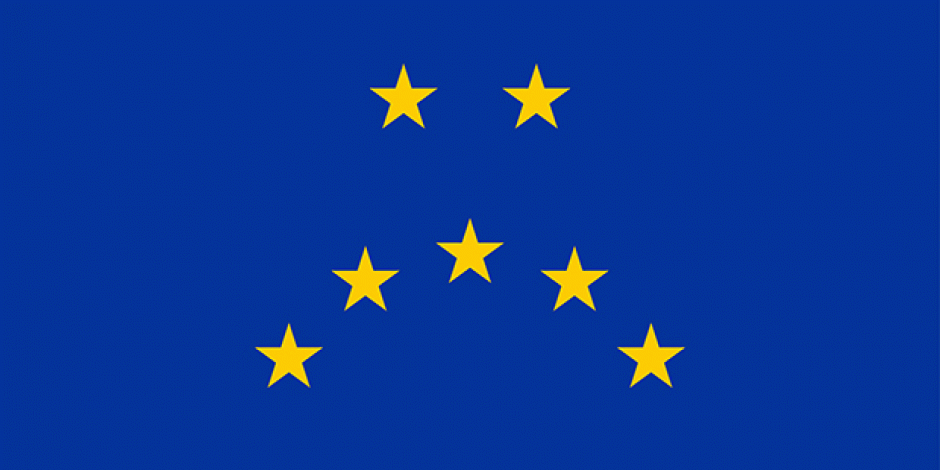Starten Sie den Audio-Text
Mit dem Audio-Player können Sie sich den Text anhören. Darunter finden Sie das Transkript.
Transcript: What’s the deal?
Not long to go now: only a few weeks until 29 March, the date when Britain said it would leave the European Union. I can’t help feeling that for February 2019, the last full month in which the UK is definitely part of the EU, this column should try to be special.
How does one write about Brexit, though, when everyone is still in the dark? True, by the time these words reach you, we probably won’t be any more. So perhaps you could help by answering a number of questions.
Is Theresa May still prime minister? Did her cabinet colleagues support her agreement with the EU? If they did, did parliament here accept it? Or did so many MP (Member of Parliament)Abgeordnete(r)MPs vote “no” that the UK will be leaving without a deal? What about the idea of a second referendum? It certainly seems like an option, but no doubt it didn’t happen. And anyway, would the result have made things any clearer?
I just wonder if there’s still time for radical compromise at this late stage. Why can’t Britain stay in the EU from Mondays to Thursdays, and leave every Friday in time for the weekend? Or could we have night-time membership, when it would be easier to to copeklarkommen, es schaffencope with all the extra traffic on the roads that would probably come with free movement of people?
What about quantumQuantenquantum Brexit? If we could reclassify Britain as a subatomic particlesubatomares Teilchensubatomic particle, physicistPhysiker(in)physicists might decide that we’re both in and out of the EU at one and the same time.
If there’s really no other way to change our silly decision to leave, what about a last-minute letter from the Queen? Not possible, sadly. It works only in The Threepenny Opera, where a last-minute message from the Queen stops Macheath from being hanged. Hooray! Undemocratic, but a small price to pay for a really happy ending. (Just to be quite clear: I meant Brecht’s play in that last sentence, not membership of the EU.) Macheath is the criminal anti-hero — also known as Mack the Knife. He’s not to be to confusehier: verwechselnconfused with Ted Heath, who was Conservative prime minister when Britain entered the EEC back in 1973.
Heath, whose first name was really Edward, loved music. When the UK finally joined, he was so emotional that he sat and played Bach’s C majorC-DurC major prelude on the piano. What irony: Britain had the Well-Tempered ClavierWohltemperiertes KlavierWell-Tempered Clavier when it joined the EU, and a bad-temperedgereizt, schlecht gelauntbad-tempered referendum when it left.
I’ve checked again. We’re still no clearer about Brexit day. It reminds me of a science-fiction film from 1961: The Day the Earth Caught Fire. After problems caused by nuclear explosions, scientists must try to stop the Earth from falling into the sun. Will their desperateverzweifeltdesperate efforts succeed?
At the end of the film, we see two editions of the following day’s newspaper. One says “World Saved”, the other “World doomeddem Untergang geweihtDoomed”. We don’t find out which edition goes to print.
One should try to be optimistic. But on Brexit Day, I suspect we’ll need a newspaper with a headline that says “UK Doomed”.
Neugierig auf mehr?
Dann nutzen Sie die Möglichkeit und stellen Sie sich Ihr optimales Abo ganz nach Ihren Wünschen zusammen.



